AeroGenie — Your Intelligent Copilot.
Trending
Categories
Daedalean CEO Discusses Machine Learning in Aviation
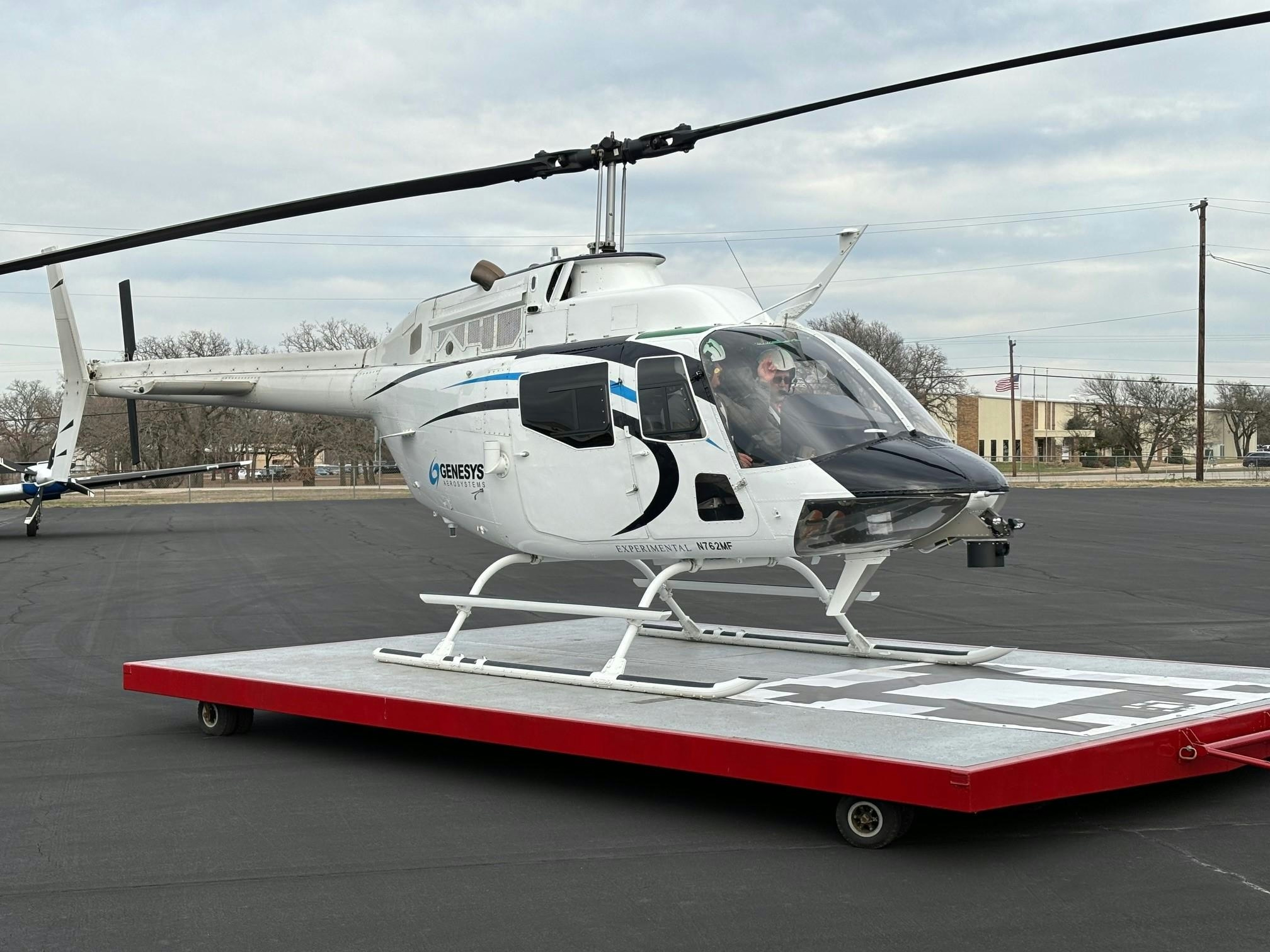
Daedalean CEO Discusses Machine Learning in Aviation
Advancing Aviation Through Artificial Intelligence
Artificial intelligence (AI) is transforming industries globally, and aviation is increasingly embracing this technological evolution. Despite the sector’s stringent regulatory environment, machine learning is being deployed to tackle complex challenges, particularly the safe navigation of congested airspace. The rapid growth of drones, urban air mobility vehicles, and diverse aircraft types has intensified the demand for sophisticated, adaptive systems capable of managing this complexity.
Switzerland-based Daedalean has emerged as a pioneer in this domain. Established in 2016 with offices in Zurich, Riga, and Phoenix, the company has developed an avionics system powered by machine learning to guide aircraft safely and efficiently through crowded skies. Daedalean’s technology utilizes advanced camera systems to detect and respond to both cooperative and uncooperative traffic. Unlike conventional systems that rely heavily on data links, this sensor-based approach provides comprehensive situational awareness even in GPS-denied environments, marking a significant advancement in aviation safety.
Real-World Testing and Regulatory Challenges
Daedalean’s innovations have moved beyond the conceptual stage. The company has successfully conducted in-flight tests, integrating its platform into a Bell OH-58 helicopter equipped with the Moog Genesys IDU-680 flight management system, in partnership with Moog. These demonstrations highlight the practical potential of machine-learning-driven avionics to enhance both safety and operational efficiency in real-world conditions.
Nonetheless, the path to market adoption is fraught with challenges. Regulatory scrutiny remains intense, particularly concerning the transparency and reliability of AI decision-making in safety-critical applications. Daedalean is actively engaged in certification discussions with the European Union Aviation Safety Agency (EASA) and the U.S. Federal Aviation Administration (FAA). These regulatory bodies require exhaustive validation and oversight to ensure that AI-based systems meet the highest safety standards.
Competitive Landscape and Industry Outlook
The competitive environment is becoming increasingly fierce as established technology firms such as Huawei and Orange invest heavily in AI-driven solutions. Orange, for instance, has integrated an AI-powered “brain” into its 5G network, reflecting a broader industry trend toward embedding artificial intelligence within critical infrastructure. This intensifying competition raises the stakes for emerging companies like Daedalean.
To sustain its technological leadership, Daedalean has secured approximately 80 million Swiss Francs (around US$100 million) in funding. However, continued innovation and market penetration will require ongoing investment. Investor sentiment toward AI applications in aviation remains divided; while some express skepticism about short-term profitability, others are optimistic about AI’s capacity to enhance productivity and safety across the sector. As competitors accelerate their AI integration efforts, the aviation landscape is poised for significant transformation.
During the Paris Air Show in June 2025, Daedalean CEO Bas Gouverneur spoke with AeroTime about the company’s current projects, its role as a leader in AI-enabled aviation, and his vision for the future. As the industry evolves, Daedalean’s progress will be closely monitored not only for its technological breakthroughs but also for its ability to navigate the complex regulatory, financial, and competitive challenges ahead.
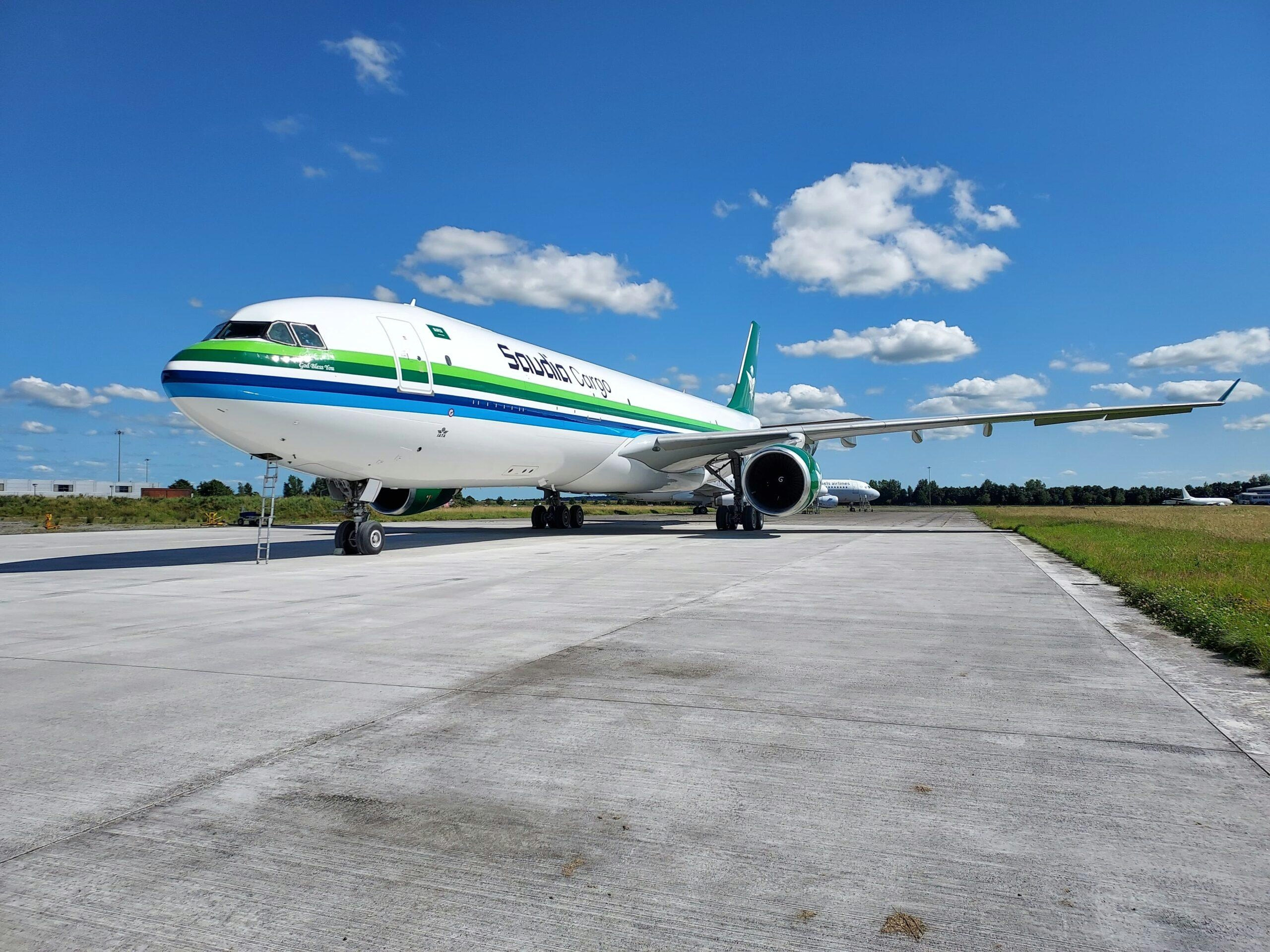
AJW Group Renews Partnership with ASL Aviation to Support A330ceo Fleet
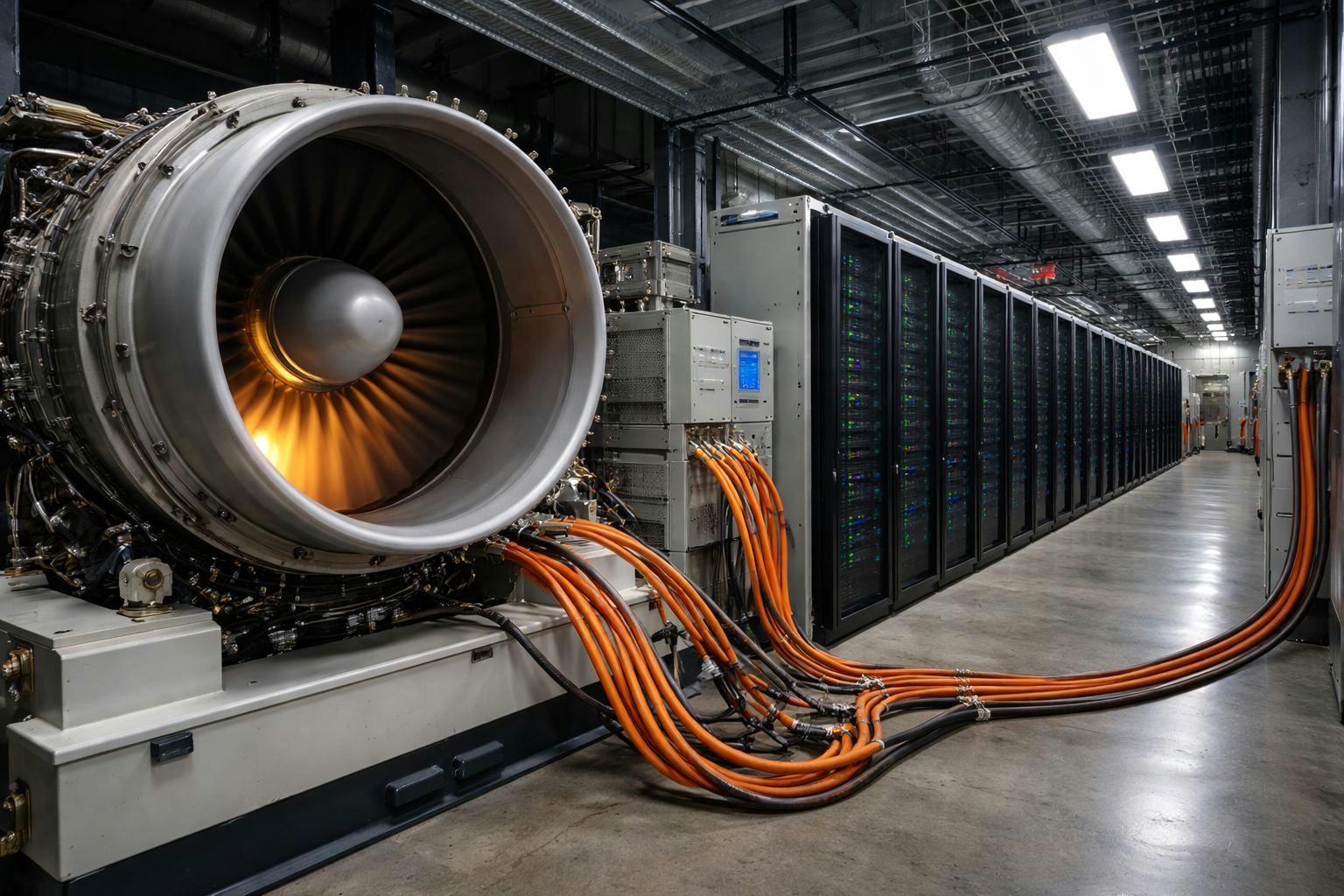
Could AI Cause a Jet Engine Shortage Similar to the Chip Crisis?

Joint Statement from UK Space Agency, MHRA, Regulatory Innovation Office, and Civil Aviation Authority
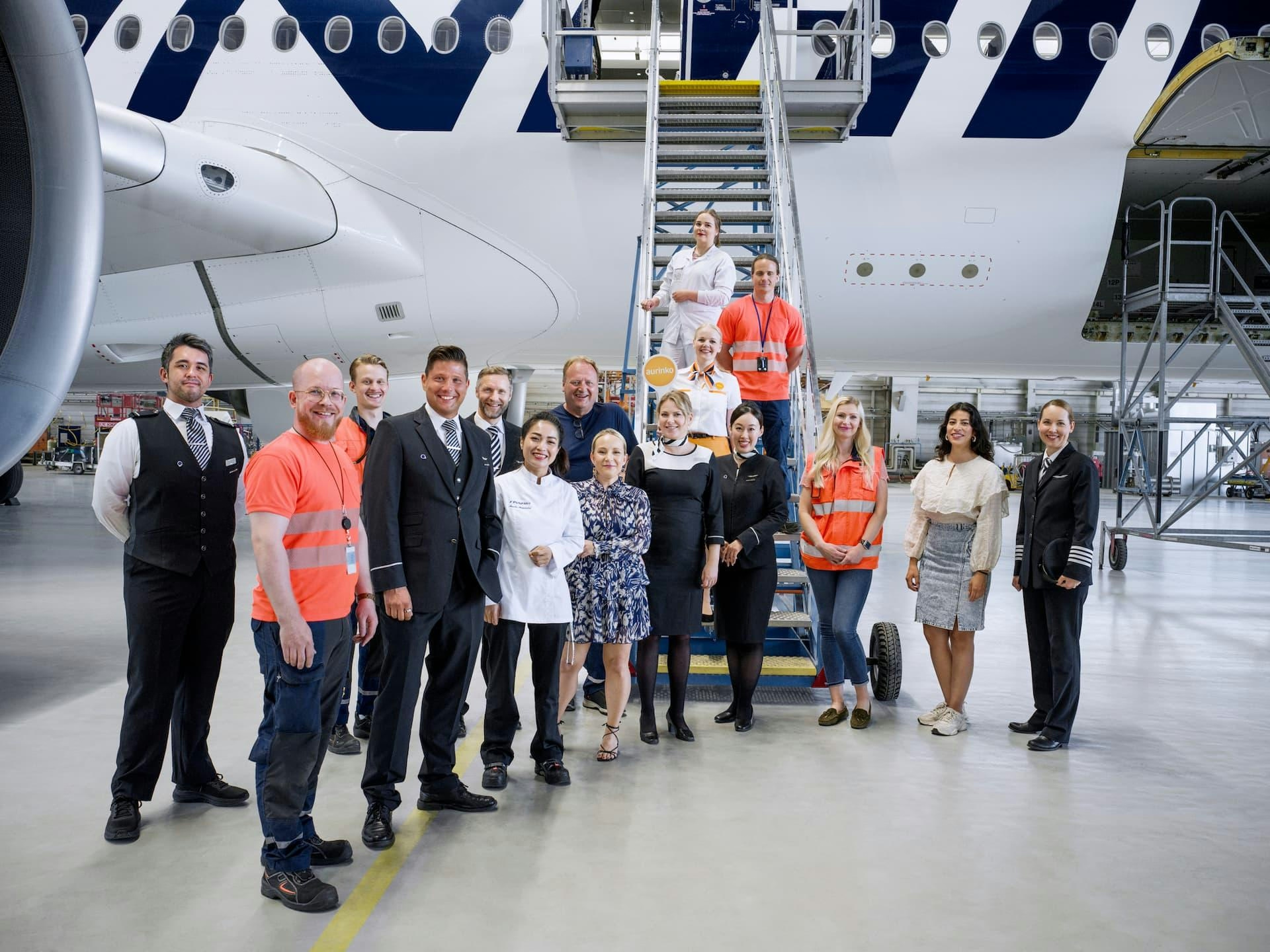
Finnair's Commitment to Sustainable Aviation and Value Chains

Women Leaders Shaping the Future of Passenger Experience
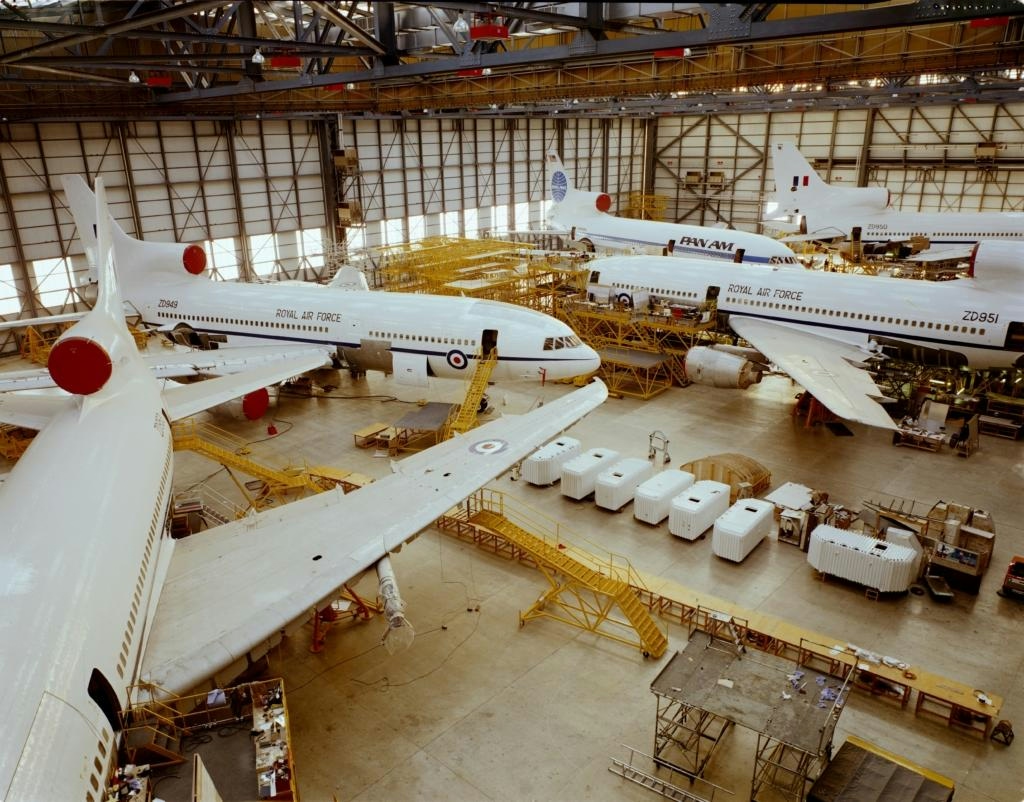
Marshall Aerospace’s 115-Year Evolution from Cars to C-130s

Advancing Sustainable Aviation Goals for 2050

Sabre Introduces New AI-Driven Platform
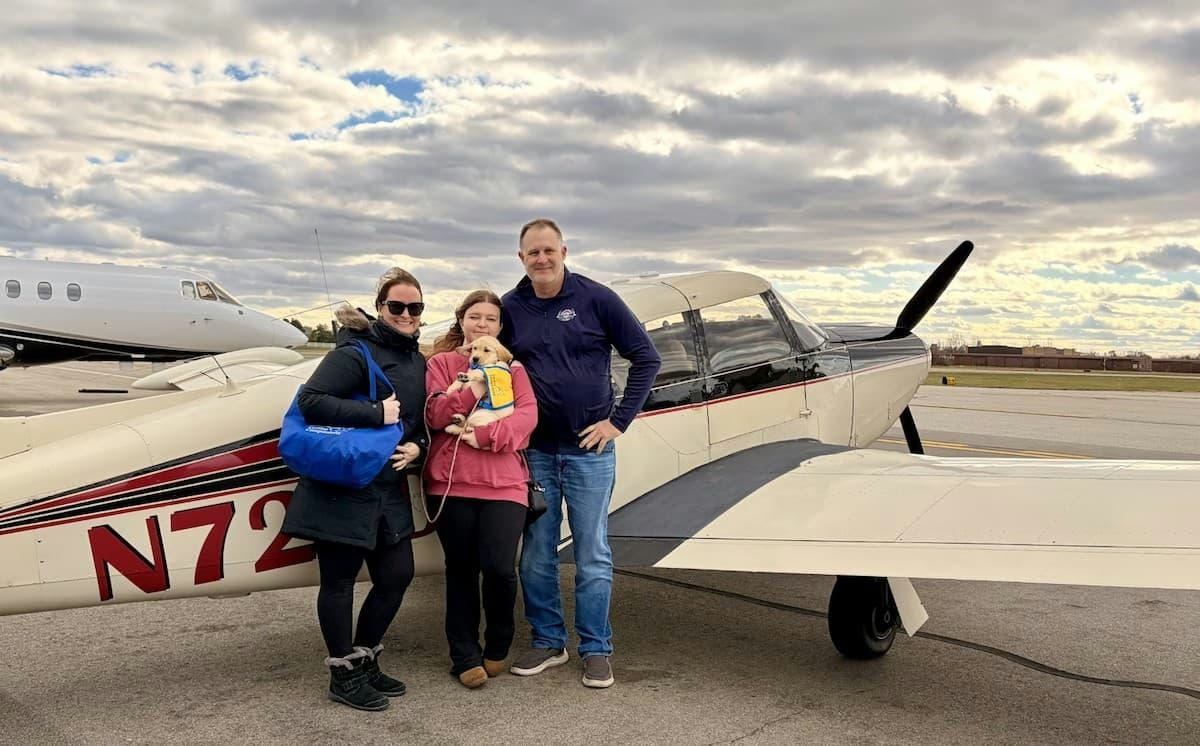
Photo of the Day: Special Delivery
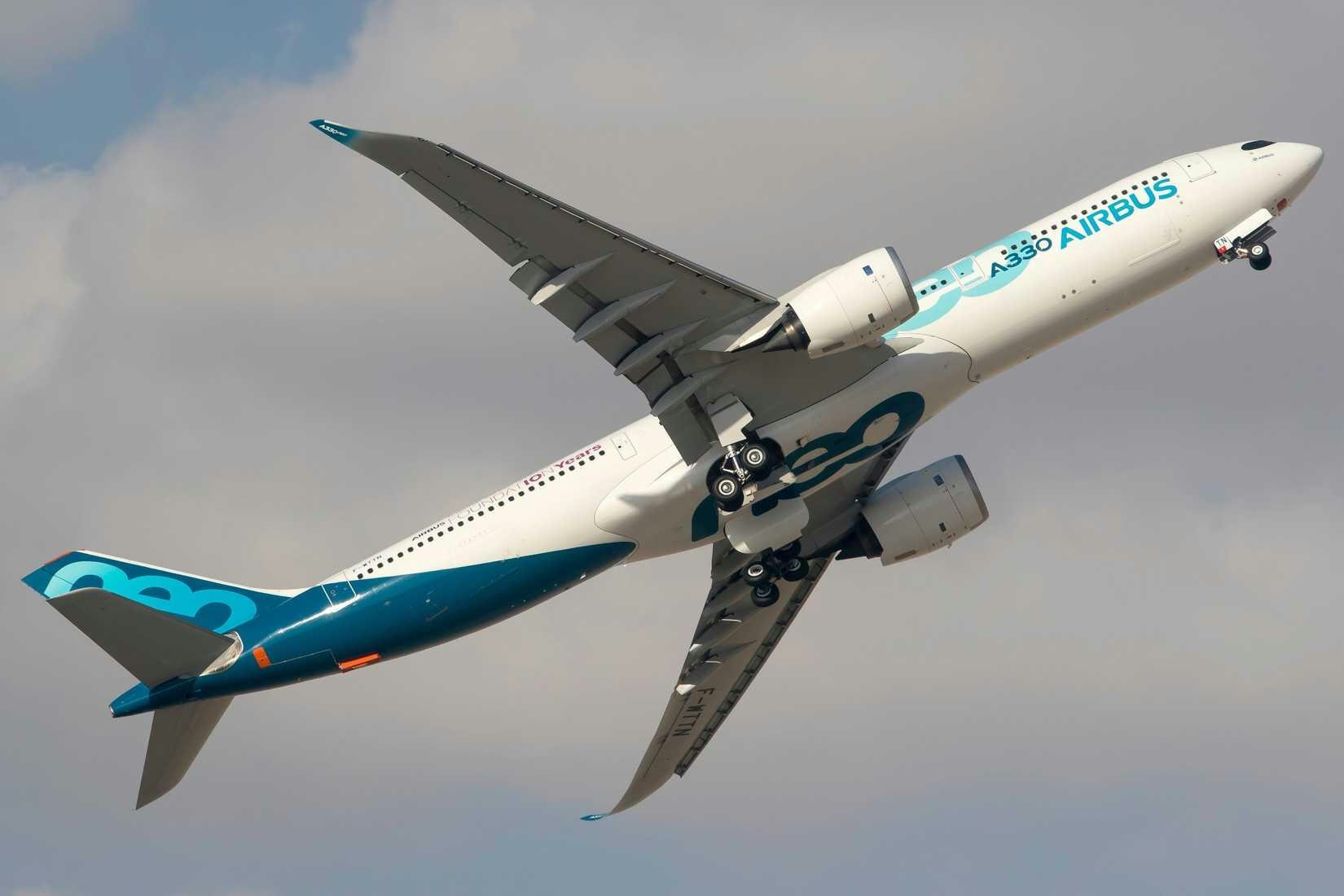
GOL CEO Confirms Possible Arrival of A330neo Widebody Aircraft
